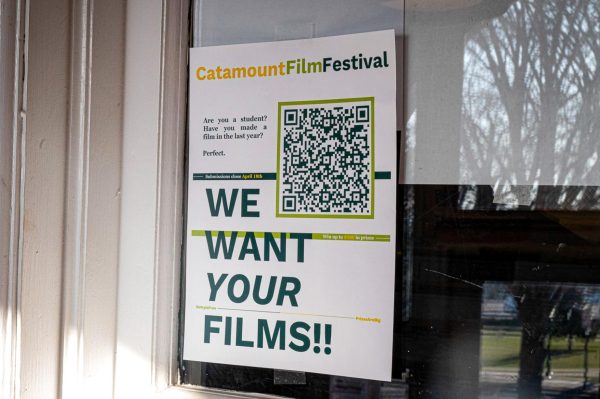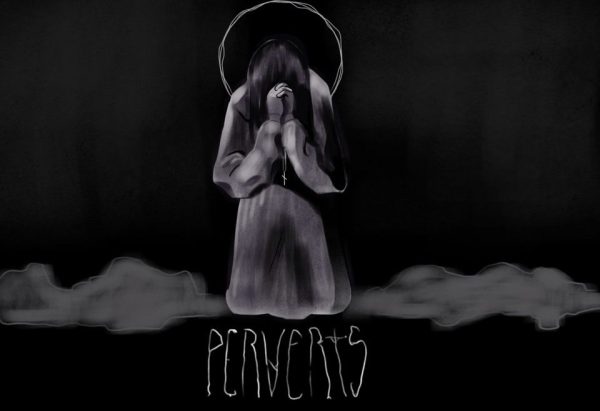Film captures Russian culture
“Leviathan” tells the story of one Russian family’s struggle against a corrupt government that threatens to take away the land they’ve lived on for generations.
Mayor Vadim, played by Roman Madyanov, has chosen a piece of prime real estate overlooking the waterfront for himself and is using his political power to seize the land, supposedly for use by the state. A man of dubious reputation, it is unclear to what lengths, legal or otherwise, he will go to achieve his goals. The only resistance he finds is the occupying family’s refusal to leave their property.
Patriarch Kolya, played by Aleksey Serebryakov, his wife Lilya and his son Roma, played by Elena Lyadova and Sergey Pokhodaev respectively, struggle against Mayor Vadim and with each other as their home is threatened. They frequently rely on the support of their friends in the community, although loyalty is called into question and friendships are pushed to the breaking point.
Roma is also caught in the throes of adolescence amidst his family’s tragedy and strives to find his own path to manhood. His journey contains elements recognizable to every young adult regardless of nationality, albeit with more misfortune than normal. True to Russian stereotype, he sports a tracksuit for most of the movie.
Directed by Andrey Zvyagintsev, “Leviathan” presents a highly critical interpretation of Putin’s Russia and the relationship between politicians and their constituents. The bond between written law and morality is addressed through the issue of political corruption. Legal and illegal means of achieving goals are brought into question and the audience is left to ponder what is truly morally acceptable behavior.
It also deals with social and familial relationships between members of a small fishing community in northern Russia as trust and friendships become strained. Lifelong companions begin to reevaluate the trust they have in one another as desperate times reveal sinister qualities. On a grander scale, “Leviathan” tackles and excellently captures a tragedy in the classical sense. The vices of its main characters often prevent conflict resolution and serve to advance both the plot and their own destruction.
“Leviathan” maintains a tense pace that relies on drama and emotional development to engage the audience.










